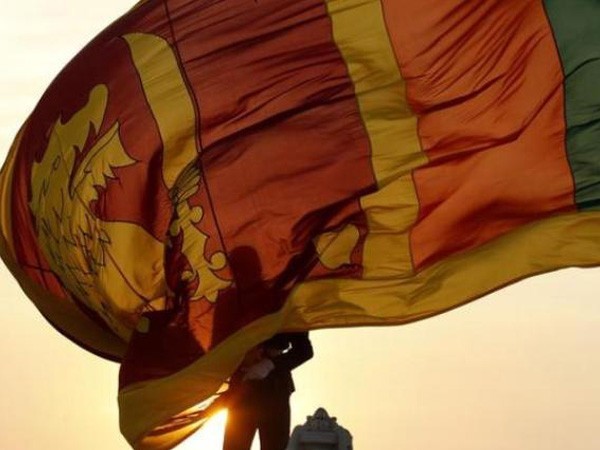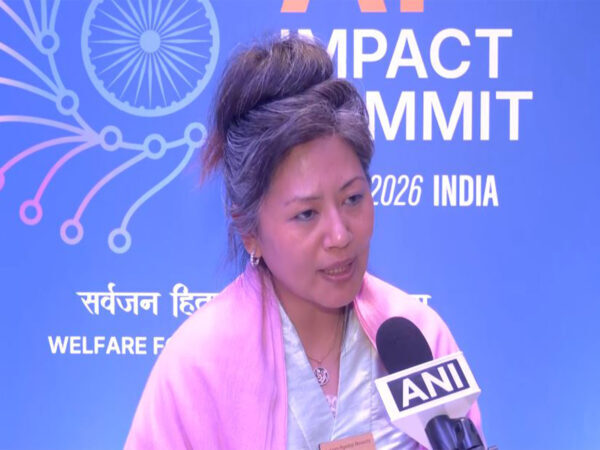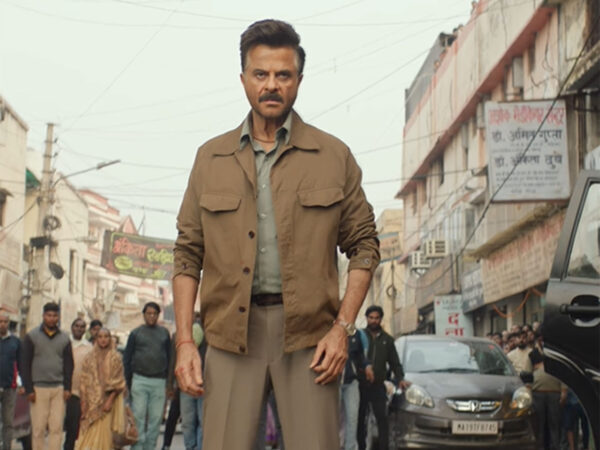
Fuel, Drug Crisis Leaves Sri Lanka Hospitals On Life Support
Sri Lanka’s hospitals are on the verge of collapse as supplies of surgery equipment and life-saving drugs have been almost exhausted, while extreme fuel shortages have left both patients and doctors unable to travel for treatment, media reports said.
Sri Lanka imports 85 per cent of its medicinal supplies and equipment, along with raw materials to manufacture the remaining share of its needs, however, the island country is now bankrupt and a lack of foreign currency has left it unable to source enough fuel to keep the economy moving.
Health ministry officials declined to give details about the present state of Sri Lanka’s public health services, on which 90 per cent of the population depends, the reports said.
As per the media reports, doctors working in government hospitals say they have been forced to curtail routine surgeries to prioritise life-threatening emergencies, and use less effective substitute medicines.
“Sri Lanka’s once-strong healthcare system is now in jeopardy,” UN Resident Coordinator Hanaa Singer-Hamdy said in a statement.
“The most vulnerable are facing the greatest impact,” she said.
The World Bank has directed funds to help Sri Lanka pay for urgently needed medications, including anti-rabies vaccines. Meanwhile, India, Bangladesh, Japan and other countries have also come to aid of Sri Lanka with donations for the healthcare sector.
Newly-elected President Ranil Wickremesinghe has claimed that the country’s economic crisis is likely to deteriorate even more by the end of next year if no strict measures are taken.
Massive inflation has driven food prices so high that many households are struggling to keep themselves fed as the reeling economic crisis continues to keep Sri Lanka under its grip.
Since the beginning of 2022, Sri Lanka has experienced an escalating economic crisis and the government has defaulted on its foreign loans. The United Nations warned that 5.7 million people “require immediate humanitarian assistance.”
Sri Lanka’s economy is bracing for a sharp contraction due to the unavailability of basic inputs for production, an 80 per cent depreciation of the currency since March 2022, coupled with a lack of foreign reserves and the country’s failure to meet its international debt obligations.
With many Sri Lankans experiencing extreme shortages of essentials including food and fuel, peaceful protests began in March. The protests led then-Prime Minister Mahinda Rajapaksa to resign on May 9, and his brother, President Gotabaya Rajapaksa, to flee the country on July 13 and resign the following day. (ANI)



